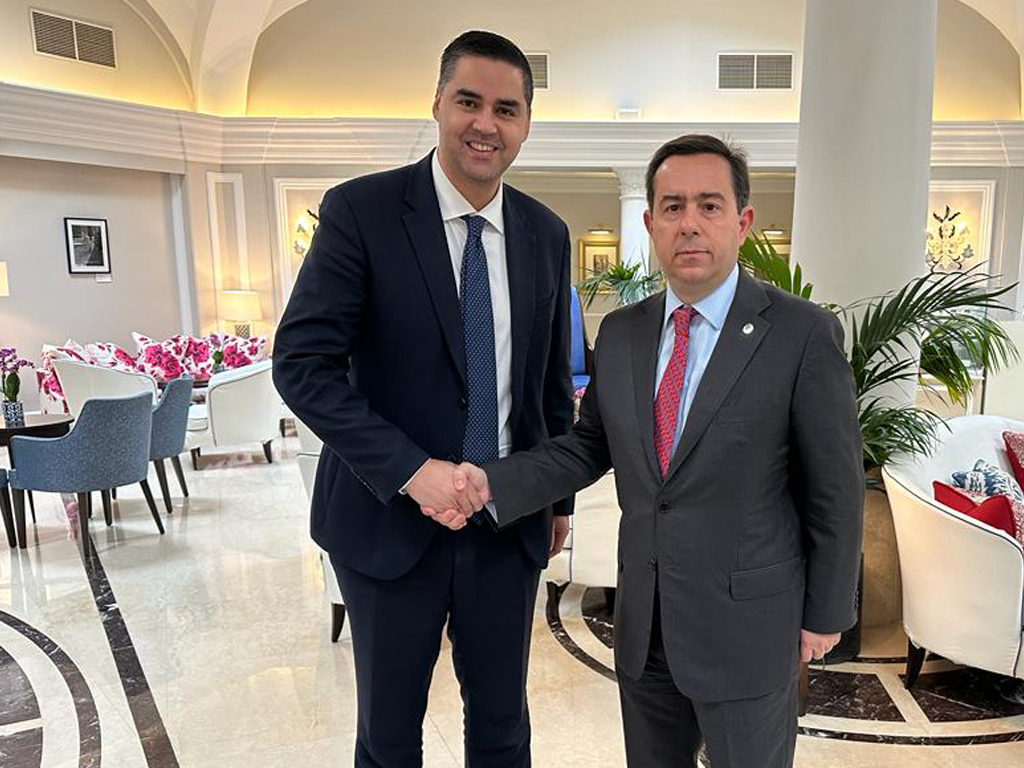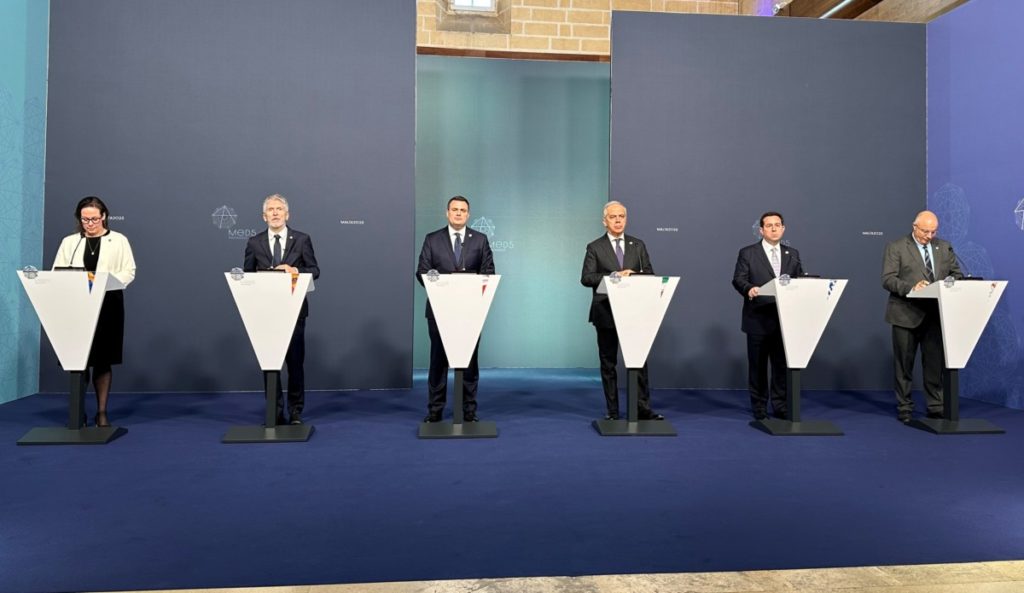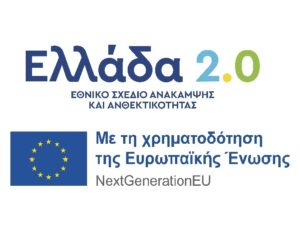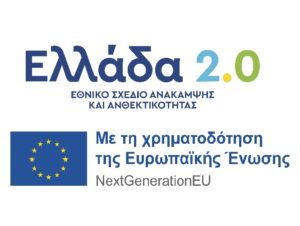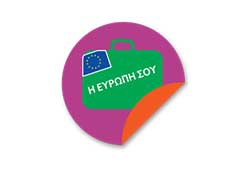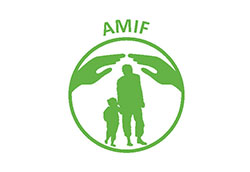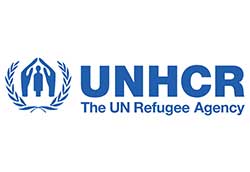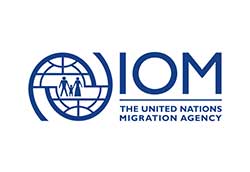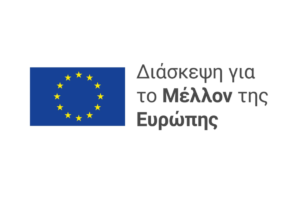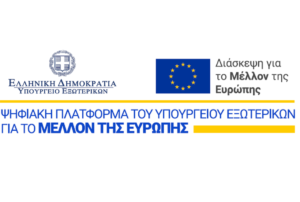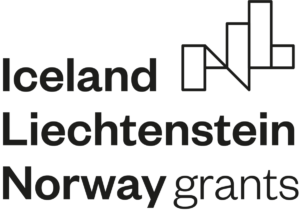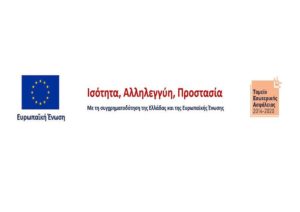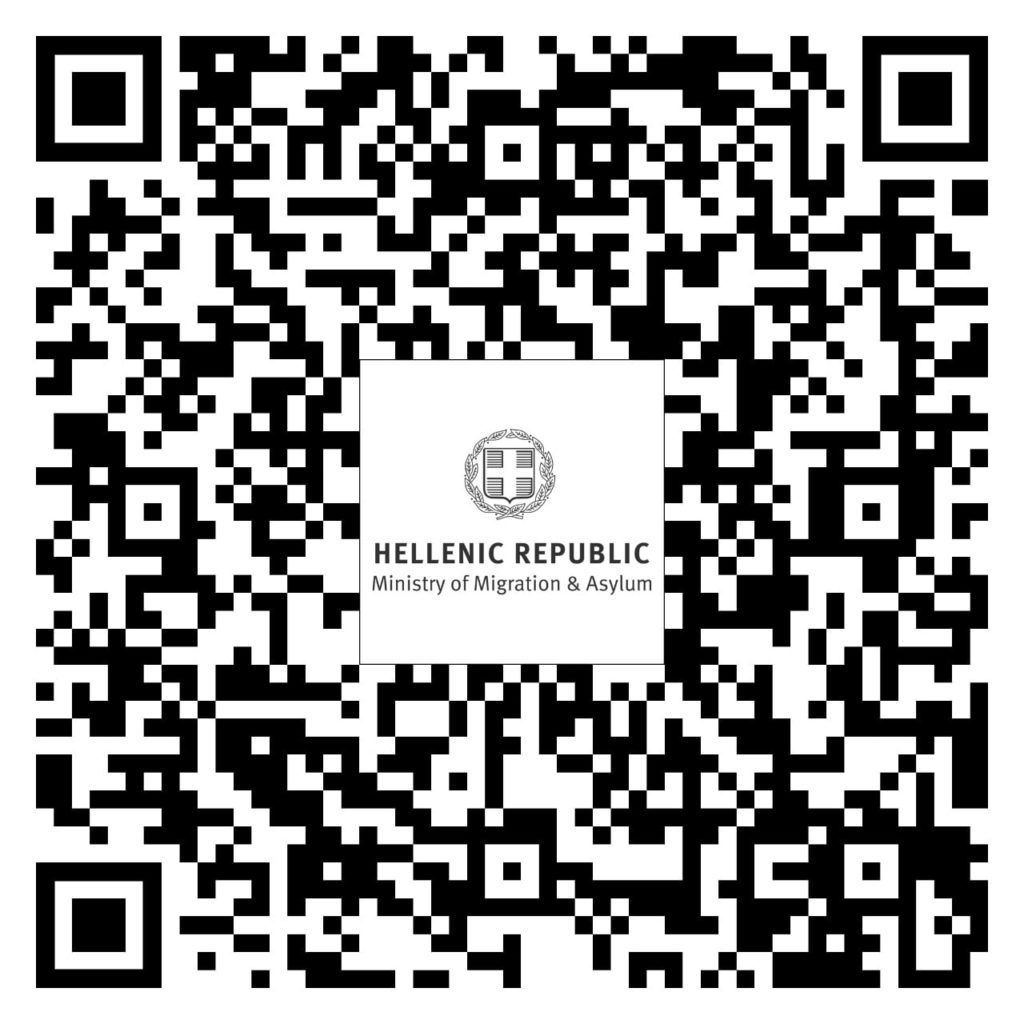Minister of Migration and Asylum, Mr. Notis Mitarachi, participated in the 5th MED5 Summit organised in Valletta, Malta.
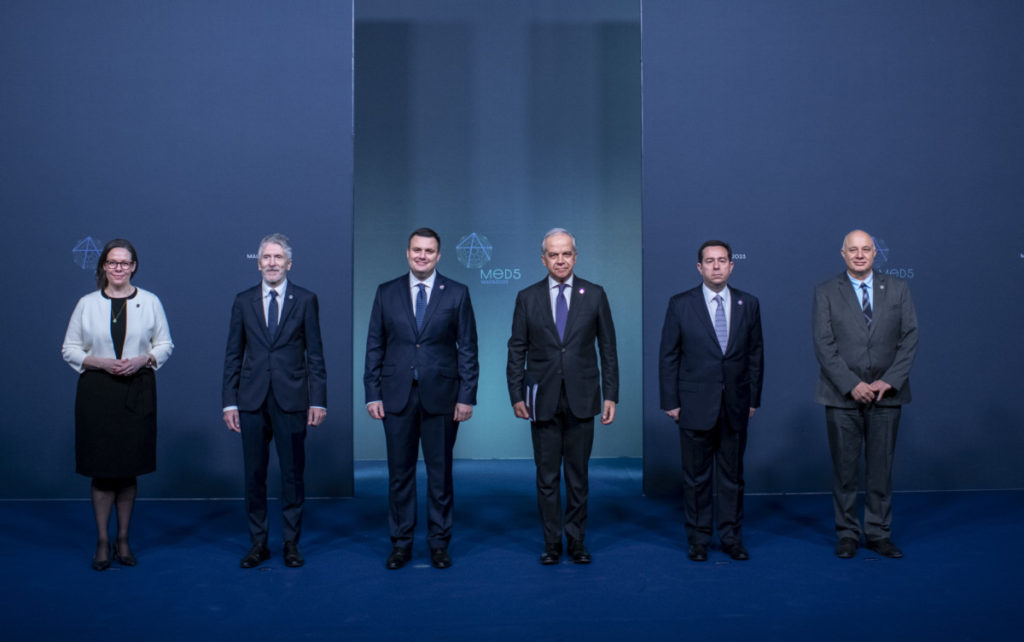
The Minister of Migration and Asylum, Mr.Notis Mitarachi, was in Valletta, Malta, during the weekend of 2-3 March, where he had a series of meetings and participated in the 5th Summit of the MED5 mechanism (Greece, Spain, Italy, Cyprus and Malta), where they discussed the migration issue in Europe and the common actions that need to be done in the future.
In the Summit participated also the Swedish Minister of Interior Maria Malmer Stenergard, who chairs the Council of the European Union. There was also a joint meeting with the new Executive Director of FRONTEX, Mr. Hans Leijtens.
During his speech, the Greek Minister of Migration and Asylum, Mr. Notis Mitarachi noted that he is “very proud of all the work we have done in the MED5 group since its establishment in 2021. It has become a permanent now institution of voice within the EU for the frontline member states that have experienced an uneven pressure of migration over the years.”
Mr. Mitarachi noted, among other things “It is important that we protect the external border. At the same time, it is very important that we protect human life. Here at the MED5 Group, we all share the same view that combating illegal smuggling operations is very important. Migration in Europe should happen through legal pathways and not through smugglers that make a fortune putting human lives at risk.”
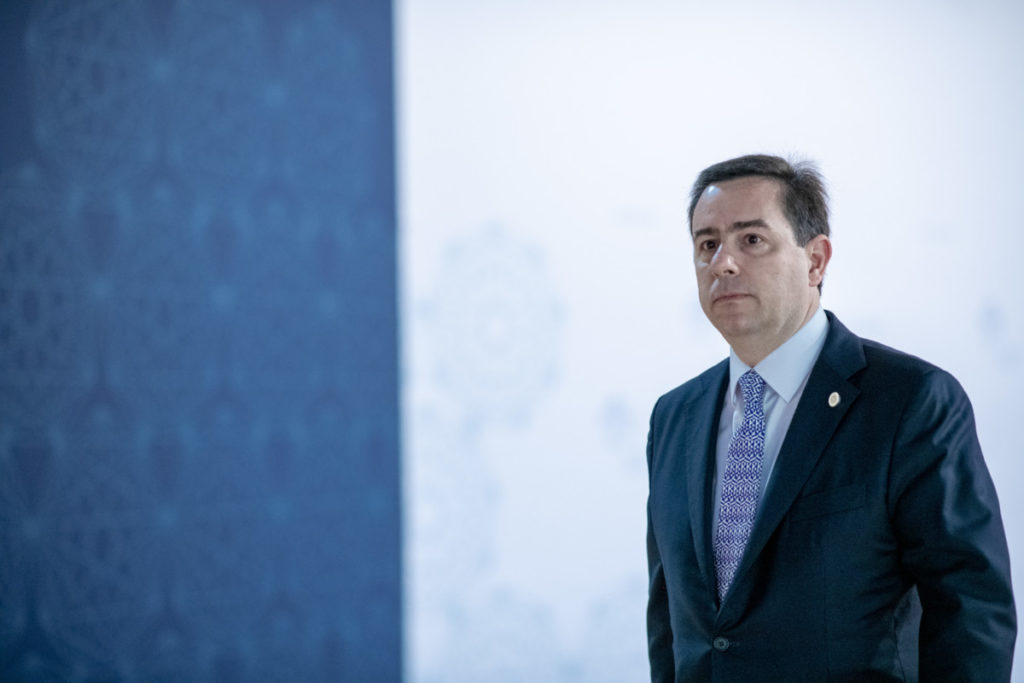
The Minister of Migration and Asylum, Mr. Notis Mitarachi stated in detail:
“First of all I would like to express my gratitude to my esteem colleagues for the sincere and kind condolences to the people of Greece and their families of the devastating railway accident we experienced last week. It is a tragedy for Greece.
I would like to thank my good friend Byron Camilleri, Minister of Interior of the Republic of Malta for his kind invitation for being an excellent host at this MED 5 meeting, and also for inviting the Swedish presidency -I think it has been a very productive discussion, and also the executive director of FRONTEX.
I am very proud of all the work we have done in the MED5 group since its establishment in 2021. It has become a permanent now institution of voice within the EU for the frontline member states that have experienced an uneven pressure of migration over the years.
I think it is very important that we find ways to reduce the level of irregular arrivals to the EU. Last week, as you know, we hosted in Athens the 2nd Border Conference where the majority of Member States, as they also did in Vilnius the year before, signed a declaration in favour of promoting the protection of the external borders and the need to erect fences when needed.
It is important that we protect the external border. At the same time, it is very important that we protect human life. Here at the MED5 Group, we all share the same view that combating illegal smuggling operations is very important. Migration in Europe should happen through legal pathways and not through smugglers that make a fortune putting human lives at risk.
It is important for the MED5 Group that we strike a fair sustainable balance between solidarity and responsibility. And this has to become part now of the New Pact on Migration and Asylum. It has already been commented that the voluntary mechanism has not produced the result that we needed. Less than 1% of 2022 arrivals have been relocated from frontline member states to other member states of the EU. And we cannot continue to talk about the need to impose more responsibility on frontline member states if there is not an equally restrictive and mandatory solidarity mechanism towards the countries of first reception.
It is important that we strengthen the external dimensions, that’s something we discussed here in Malta. We need to revisit existing agreements like the EU-Turkiye Joint Statement of 2016 that needs to be implemented towards all member states. It is not only Greece, it is also Cyprus, it’s Bulgaria, it’s Italy that are affected by the non-implementation of this statement.
I think it is also important that we emphasise returns. For the credibility of the Asylum System it is critical to distinguish between those that are entitled to international protection according to the Law and those that are not. And those that are not should be returned back with safety and dignity to the countries of origin. So the external dimension of returns reducing illegal flows having a fair balance between responsibility and solidarity should be our common target.
Thank you.”
The statements of the Ministers of Malta, Italy, Spain, Cyprus and Sweeden
The Minister for Home Affairs, Security, Reforms and Equality, Mr. Byron Camilleri, said that: “We need to step up our efforts in preventing irregular arrivals by addressing root causes of migration and providing key transit countries with the necessary resources and assistance in relation to border surveillance and capacity building. We believe in, and strongly advocate, a just migration policy based on the dual notions that people who are genuinely in need of international protection are recognized as such and granted the protection they require, while people who do not have a legal right to remain in the Union, including failed asylum seekers, are swiftly returned to their country of origin”.
The Minister of the Interior of Spain, Mr. Fernando Grande Marlaska, noted among others: “Spain has proven that real and effective partnership with countries of origin and transit is the best way to prevent irregular migration and to prevent the loss of life. We also reaffirm our position on the need to strike a balance between member states’ responsibilities on the one hand, and the need for solidarity on the other. But there is work to be done.”
The Minister of the Interior of Italy, Mr. Matteo Piantedosi, commented among others: “We do agree on the need that the European Union has to establish some fixed resources for the actions that we need to develop. The European intervention is important to control the external borders, because the main difference between land and sea border is evident. On this topic, we have to discuss a lot furthermore, because we need to improve and we also all expressed that our company can address a specific support to all of us, through a specific coordination together with the specific coordinator from the European Union for returns. We confirm our common position on the European Pact on Asylum and Migration on European level, which should bring to a specific balance among all the state members.”
The Minister of the Interior of Cyprus, Mr. Costas Constantinou, emphasized, among other things: “Together we manage to raise our voices even louder and achieve constructive results. Yet, there is still a long way to go before attaining an effective management of migration and for that matter the efforts will continue intensively. We may sound monotonous by repeating over and over again the necessity of effective solidarity among member states of the Union and the need to strike actual balance between equal burden sharing and responsibility. But the situation is far from monotonous numbers speak on their own. It is time to take substance and it is time to all member states to demonstrate zero tolerance to any kind of instrumentaliation of migrants or other form of hybrid threat. Cyprus will continue to engage in constructive discussions aiming the achieving touchable results in the efforts to assemble a strong and fair asylum system.”
Finally, the Minister of Migration and Asylum of Sweden, who represented the Presidency of the Council of the European Union, Maria Malmer Stenergard, took the position saying: “It is important to recognize the specific challenges faced by frontline member states with maritime borders. The reason shipwrecks accidents outside the Italian coast illustrates human tragedy and demonstrates the complex situation involved in search and rescue in the Mediterranean. I am convinced that in order to address the migratory challenges in a truly European manner we must continue to work hard, both internally, with negotiations on the Pact on Asylum and Migration and efficient implementation of the current legislations, but also through strong efforts in the external dimension on returns and fighting the root causes for migration.”
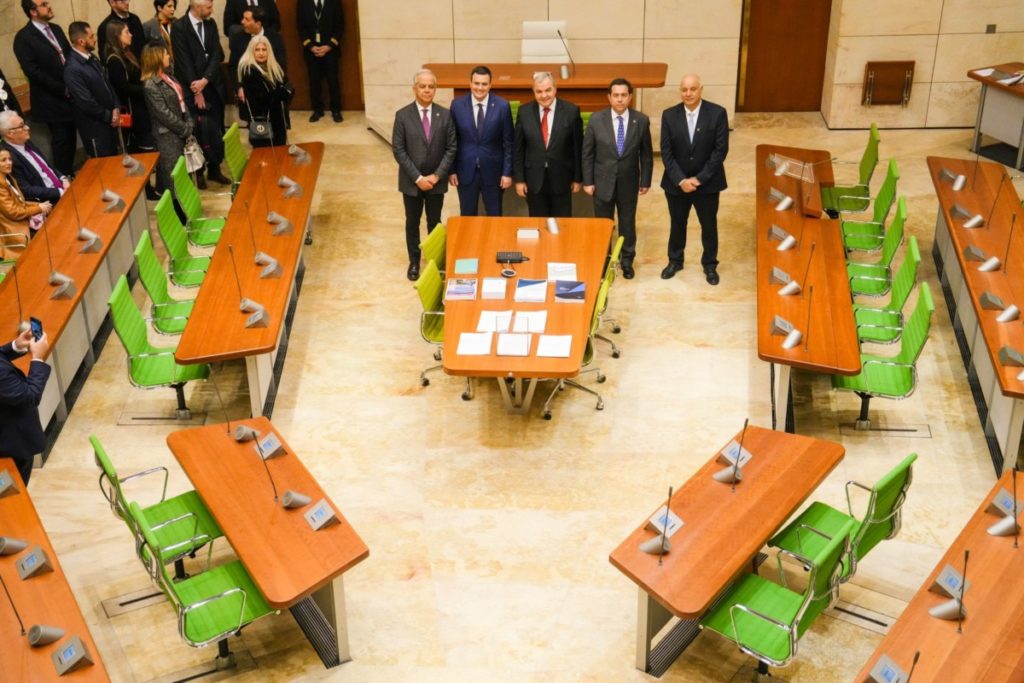
The Joint Declaration
of the Ministers of Interior and Migration of the MED5 Summit held in Valetta.
We, Cyprus, Greece, Italy, Malta, and Spain, on the occasion of the fifth Ministerial meeting in Malta on 3-4 March 2023, would like to reiterate our solidarity with the people of Syria and Türkiye as they respond to the devastating earthquakes that struck between 5-6 February 2023.
We underline the need to follow up on the Conclusions of the Special European Council of 9 February 2023, and have agreed on the following points and actions in relation to migration and asylum:
- We deeply regret the recent tragic incident off the coast of Calabria. We need to step up efforts to prevent irregular migration, with a view to preventing the loss of life at sea, as well as the abuse of migrants by smugglers. Preventive efforts must be undertaken in partnership with countries of origin and transit, including with Türkiye by way of implementation of the 2016 Joint Statement.
- Enhanced border surveillance both of maritime and land borders, including through pre-frontier aerial surveillance, is an essential component of the Member States’ and the European Union’s fight against migrant smuggling and similar operations and for the prevention of illegal border crossings, which requires FRONTEX support to Member States at the external border. We consider that FRONTEX should allocate more resources to this task, including the surveillance of international waters. More generally, we reiterate, in line with the Conclusions of the Special European Council of 9 February 2023, that substantial EU funds and means must be made available to support Member States in reinforcing border protection capabilities and infrastructure, means of surveillance, and equipment.
- The ‘Green Line’ in the case of Cyprus must be adequately addressed due to the specificities that apply despite the fact that the ‘Green Line’ does not constitute an external border of the European Union.
- Search and Rescue operations fall under the exclusive competence of the Member States and must be carried out in full compliance with relevant international law. In this light, we consider that urgent action must be taken to address any illicit maritime activity.
- We emphasize that irregular migration is a European and international challenge; and should be dealt with as such. For this reason, we must strengthen cooperation with countries of origin and transit to dismantle smuggling networks and improve our dialogue with relevant transport operators who through their modus operandi are facilitating smuggling networks.
- We emphasize the importance of returns as a key pillar of the Union’s migration policy. In this regard, we reaffirm the need to step up our efforts on returning failed asylum seekers and other third country nationals who have no legal right to remain in the Union.
- As part of our efforts to address the root causes of migration, and to set up comprehensive and long-term partnerships with third countries, we should also strengthen legal pathways as a means to reduce irregular migration and promote regular, orderly and safe migration channels that benefits all parties involved.
- We recall the importance of addressing all migratory routes, including emerging new routes, in a whole-of-route and comprehensive approach.
- We also call on the need for the provision of support to our neighbours in the Mediterranean in their efforts to address irregular migratory flows, including by way of provision of equipment, training, and other forms of cooperation. Thorough implementation of these commitments should be regularly monitored.
- We also call on the Commission to ensure the necessary level of funding for North Africa for 2024 and beyond. We stress the need to maintain our focus on Africa and the Southern Neighbourhood in the light of their strategic relevance for the European Union.
- We reaffirm our position on the need to strike a balance between Member States’ responsibilities on the one hand and the need for solidarity on the other. Progress in relation to relevant measures should therefore be pursued in tandem, consistently with the Joint Roadmap on the CEAS and the New Pact on Migration and Asylum agreed upon by the European Parliament and the rotating Council Presidencies on 7 September 2022.
- We take note of the ongoing efforts of the Swedish Presidency of the Council of the European Union to discuss at the next meeting of the Home Affairs Council the implementation of the Dublin Roadmap, taking into account the overall situation of pressure on the frontline Member States, as well as the effective EU engagement at the external borders, including on the matter of operations by private vessels. Solidarity, including by way of predictable intra-EU relocation, which should also reflect the pressure deriving from irregular arrivals, will effectively ease and share the burden on Member States at the frontline, which currently bear disproportionate pressures. We thereby call on the Council to step up efforts towards the establishment of a permanent and mandatory solidarity mechanism that factors the real needs of frontline Member States and ensures that these needs are fully met through the solidarity contributions.
- We recall that, in the short term, initiatives resulting from the voluntary solidarity declaration of June 2022 should be renewed and improved so that the immediate needs of the Member States, including Member States at the frontline, are met. In this regard, efforts should be made to streamline the process so that relevant pledges are fulfilled in a timely manner.
- We note that maritime and land borders pose different challenges. In this context we reiterate our reservations in relation to the introduction of mandatory border procedures. Member States facing constant irregular migratory pressures, whether on land or at sea, should be able to decide on the application of these procedures on the basis of their capacity and the prospect for returns.
- We must remain vigilant against hybrid threats, such as cyber-attacks and instrumentalisation of migration, while reinforcing our legal and operational toolbox.
- We also take this opportunity to call on the European Union institutions and the other EU Member States to work with us towards the achievement of these objectives.
- In this perspective, the MED5 countries look forward to the upcoming Home Affairs Council meeting of 9 March 2023 as an opportunity to monitor the implementation of the Conclusions of the Special European Council of 9 February 2023.
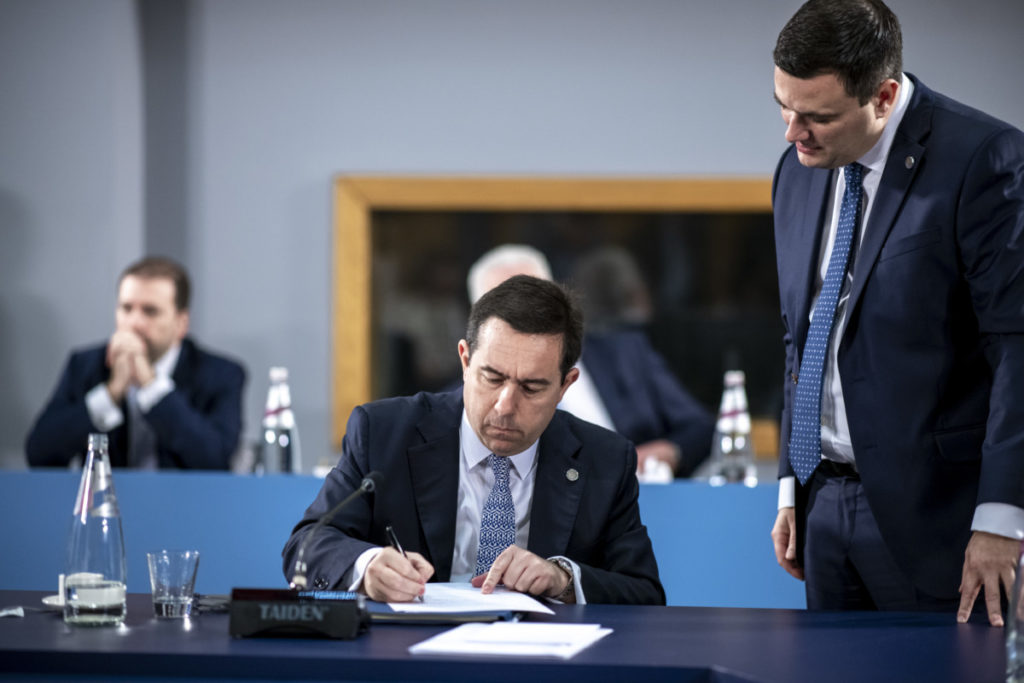
Meeting at the EUAA
Mr.Mitarachi visited the headquarters of the European Union Asylum Agency (EUAA) where he met with the Executive Director of the EUAA, Nina Gregori with whom they discussed the challenges faced by the European Union concerning the migration crisis’ management and the progress Greece has made in the last three years.
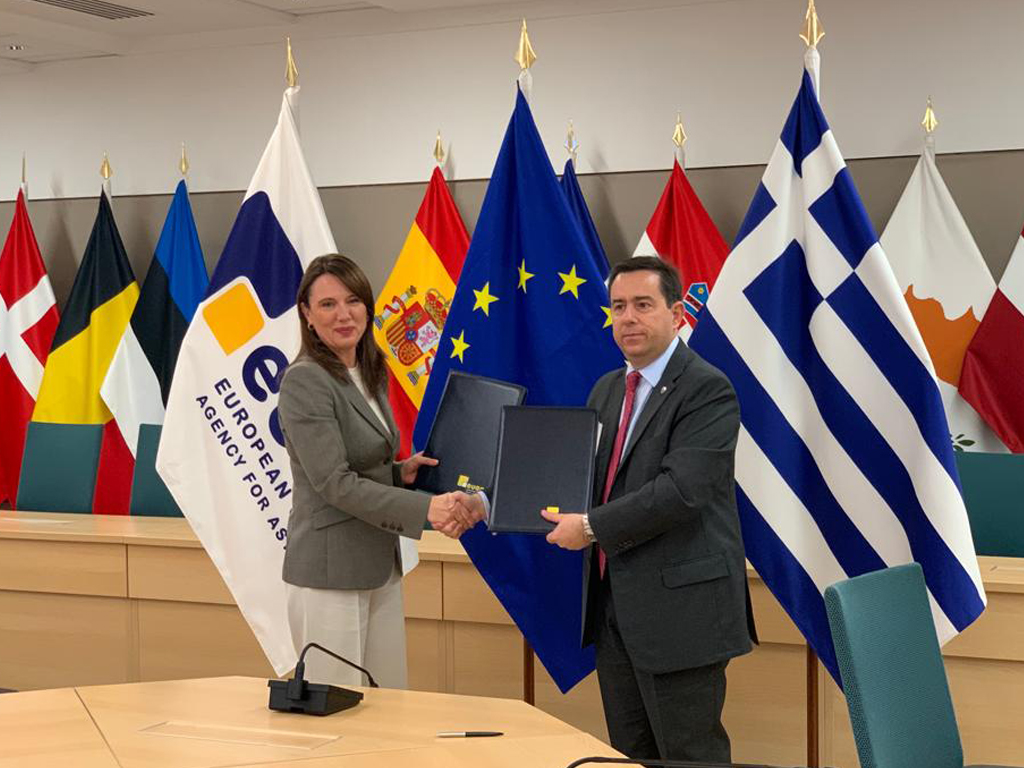
Meeting with the Minister for Foreign and European Affairs and Trade of Malta, Ian Borg
During his visit, Mr.Mitarachi had a bilateral meeting with the Foreign Minister of Malta, Dr. Ian Borg, with whom he exchanged views on the migration issue and its management by the Mediterranean countries of the European Union.
